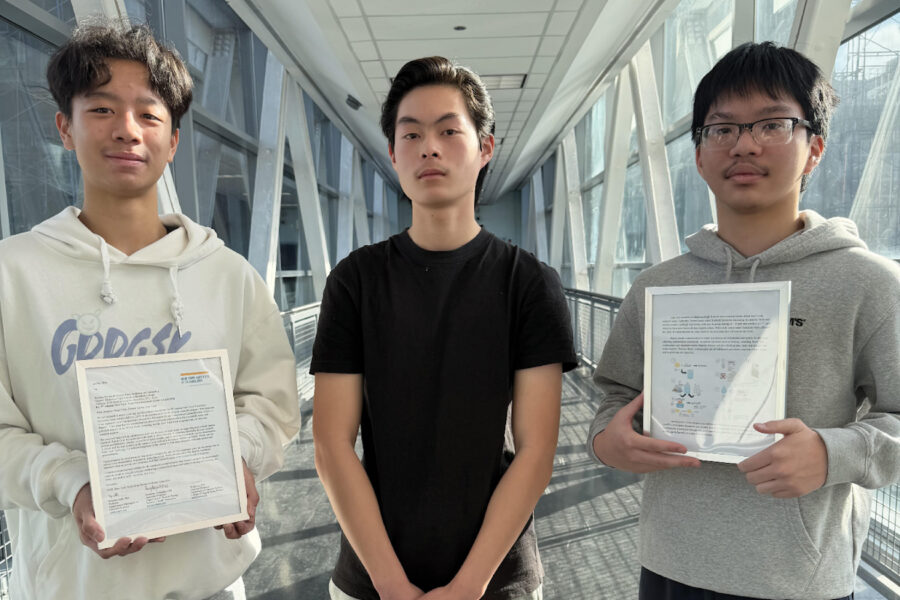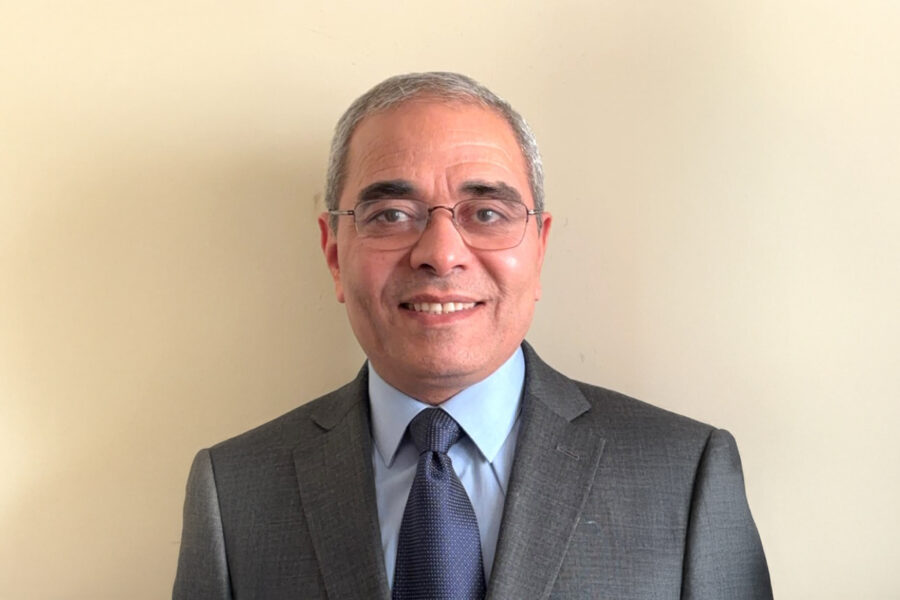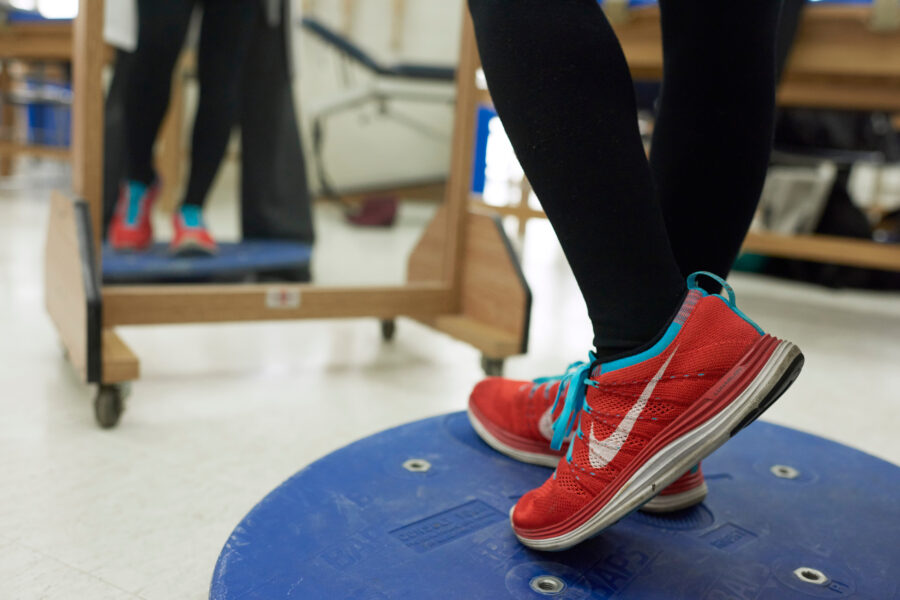A New PATH for Student Success
New York Tech’s unwavering commitment to student success has been recognized by the U.S. Department of Education in the form of a new multiyear grant. New York Tech is one of just seven institutions in the country to receive a Postsecondary Student Success Grant; the nearly $2.8 million in funding will support student retention, persistence, and graduation over four years.

Pictured: Pathways for Advancing and Thriving in Higher Education (PATH), is co-led by Project Directors Francesca Fiore, Ed.D., associate provost, and Senior Associate Dean Monika Rohde (pictured).
The project, Pathways for Advancing and Thriving in Higher Education (PATH), is co-led by Project Directors Francesca Fiore, Ed.D., associate provost, and Monika Rohde, M.A., senior associate dean
PATH will use evidence-based strategies to supplement and enhance New York Tech’s existing advising and student success infrastructure by offering specialized support and programming for second- and third-year underserved students. Support will include holistic coaching, tutoring, community-building activities, and more to improve persistence, retention, and graduation rates among participating PATH students in their second, third, and fourth years of study.
“We are excited about this project’s potential impact on the academic progress and achievement of our students,” Fiore says. “PATH advances New York Tech’s mission to provide all qualified students with access to educational opportunities and success in school, their careers, and their lives.”
Additionally, PATH will provide strong connections to on-campus employment, enhanced and dedicated academic support, and enrichment activities designed to strengthen participating students’ sense of community and belonging. The project extends and builds upon the significant support that New York Tech provides to first-year students by offering tailored resources and services to a select group of three student cohorts in their second and third years of study. Those meeting the criteria outlined in the grant proposal (students who are Pell-eligible, low-income, first-generation, and/or identify as students of color) will be invited to participate. Specific activities of the PATH program include:
- Dedicated second- and third-year student welcome events and study halls staffed by peer tutors
- Student success coaches providing holistic support
- Participation in community-building and enrichment activities and events
- Dedicated graduation celebration for PATH participants
“To improve achievement outcomes for second- and third-year students, we will scaffold enhanced student support on top of advising and wraparound services currently available to them,” Rohde shares. In addition, PATH students will receive priority registration dates—ensuring access to courses needed for their academic progress—and priority access to on-campus employment, which correlates positively with student retention.
Both Fiore and Rohde noted that the PATH project aligns with and complements New York Tech’s five-year, $2.25 million Title III grant received last year, the Achieving Collegiate Excellence (ACE) program, and other institutional initiatives that support student success at New York Tech.
More News

My Co-op Gig: Alisha Karim
Alisha Karim describes her co-op at Northwell Health as a perfect fit, renewing her excitement for a future tech career.

Understanding Sanctuary Cities
Teaching Assistant Professor Michael Izady, Ph.D., led a Dean’s Digital Café conversation about sanctuary cities.

Promoting Early Engagement in Research
New York Tech recently completed the ninth year of its Mini-Research Grants Awards program to encourage high school students to pursue STEM fields.

Reversing Bone Loss After Spinal Cord Injury
People with spinal cord injury may lose up to 41 percent of their bone mass in the first year. A new study by the College of Arts and Sciences’ Hesham Tawfeek, MBBCh, seeks to repair this damage.

Uncovering the Body’s Fat-Burning Strategy—It’s Math-Driven!
A new study by an NYITCOM-Arkansas researcher finds that the body calculates which fat to burn, choosing those that produce the most usable energy while consuming the least oxygen.

When Rehab Meets Robotics
A study co-authored by John P. Handrakis, D.P.T., Ed.D., and graduates of the physical therapy program finds that a wearable robotic device could help stroke survivors get back on their feet.